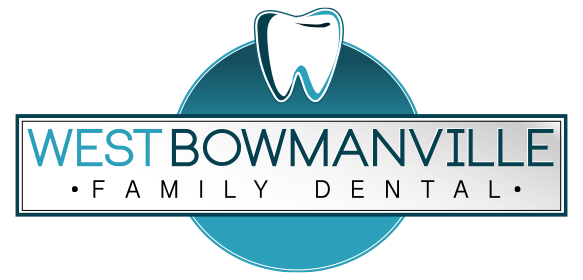Have you noticed you frequently wake up with an aching jaw or perhaps even a headache? Have your teeth become more sensitive to hot and cold just recently? It could be that you are clenching and grinding in your sleep. Lots of people will clench and grind occasionally, but when it becomes a habit, it can be very harmful to your dental health. Clenching and grinding is a medical condition called bruxism which most often occurs during sleep.
What Can Cause Bruxism?
Bruxism is thought to be linked to high levels of stress and anxiety, but it can also be caused if you have crooked teeth, are missing some of your teeth, or if your teeth don’t bite together correctly. A sleep disorder can also cause it, for example, sleep apnea.
How Do I Know If I Have Bruxism?
Because bruxism frequently occurs during sleep, it can be quite tricky to tell if you have this problem. Sometimes people only learn they grind their teeth when their sleeping partner hears the grinding sounds. It can be a very noisy habit! Other possible symptoms of bruxism include increased facial pain, earache, or pain that extends into your neck and even into your shoulders. You might notice your teeth look shorter than before or that they have become chipped or cracked. In the very worst cases of bruxism, teeth can be worn down to no more than stumps. Bruxism can also affect your gums, and there is even the risk of tooth loss.
Severe tooth grinding can affect your jaw joints called your temporomandibular joints and which allow your lower jaw to move smoothly so that you can eat, talk and yawn comfortably. The pressure caused by clenching and grinding your teeth can cause inflammation in these joints, making movements painful. This is a condition called temporomandibular joint disorder or TMD for short. You might also notice that when you do try to open and close your mouth, your jaw joints make a clicking or popping sound.
If you think you might be clenching and grinding, then please get in touch with us here at West Bowmanville Family Dental. Our Newcastle dentist will gently examine your teeth and jaws, and we may want to take x-rays or other images to assess any inflammation in your jaw joints. The next stage is to provide appropriate treatment to help protect your teeth so you can no longer clench and grind.
Getting Treatment to Stop Teeth Grinding
If needed, we can provide treatment to adjust the way your teeth occlude or bite together. Another highly effective therapy for bruxism in Clarington is for our dentist to make a custom-made night splint. A night splint will usually fit over your upper teeth and will have a smooth flat surface so that your lower teeth grind or clench harmlessly against it, and it will do a great job in protecting your teeth against any further damage.
It can be worth being mindful of clenching and grinding during the day. If you feel yourself clenching your jaws, try placing the tip of your tongue between your teeth which will help your jaw muscles to relax. Some people also find it helpful to try to reduce their stress levels, if possible or to cut down on foods and drinks that contain caffeine, and which may trigger teeth grinding.
Once you have received treatment for bruxism, then we can discuss the need for any restorative dentistry in Courtice, to mend any teeth that may have been damaged, protecting your smile and your dental health.

